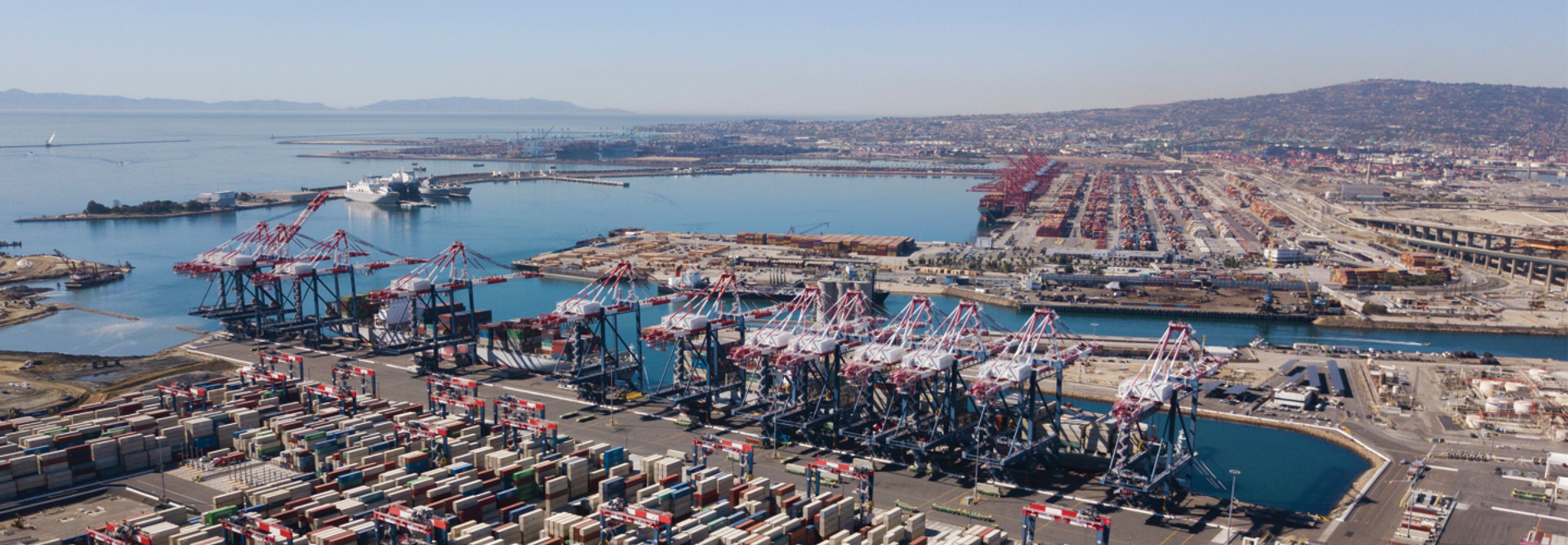IBM Will Help Port Automate Cyber Intelligence
Currently, port and maritime entities operate individual threat sharing portals, and personnel at each of those locations must “manually input threat data into the platforms, thus creating the potential for compromise if threats aren’t shared or communicated in a timely, collective manner,” IBM and the port note.
The Port of Los Angeles and IBM view the CRC as an “automated ‘system of systems’ and focal point across all participating supply chain stakeholders” for cybersecurity threats to the port ecosystem. At the same time, individual stakeholders will still retain control over their own information and security protocols.
“Tenants and cargo handlers will be able to quickly share threat indicators with each other so they can better coordinate defensive responses as needed,” the statement notes. “The CRC will also serve as an information resource that stakeholders may use to help restore operations following an attack.”
The CRC will use IBM Cloud Pak for Security, X-Force Threat Intelligence and IBM Security’s SOAR (security orchestration, automation and response) solution to create “automated response playbooks” for security events and to foster collaboration.
The CRC will help the port and related stakeholders respond to threats across hybrid cloud environments faster, and IBM’s tools will connect openly to other vendors’ tools. Cloud Pak for Security “can automate threat intelligence ingestions from multiple sources, conduct threat analysis and make the anonymized data available to Port stakeholders through a single dashboard that informs their threat awareness and proposed defender actions,” IBM and the port note in their statement.
“The Cyber Resilience Center will provide a cutting-edge early warning system to further defend the Port and its stakeholders against cyber threats,” Seroka said in the statement. “This will result in greater collective knowledge, enhanced data sharing throughout our Port ecosystem, and will help to maintain the flow of critical cargo.”
MORE FROM STATETECH: How can transit agencies enhance their cybersecurity?











